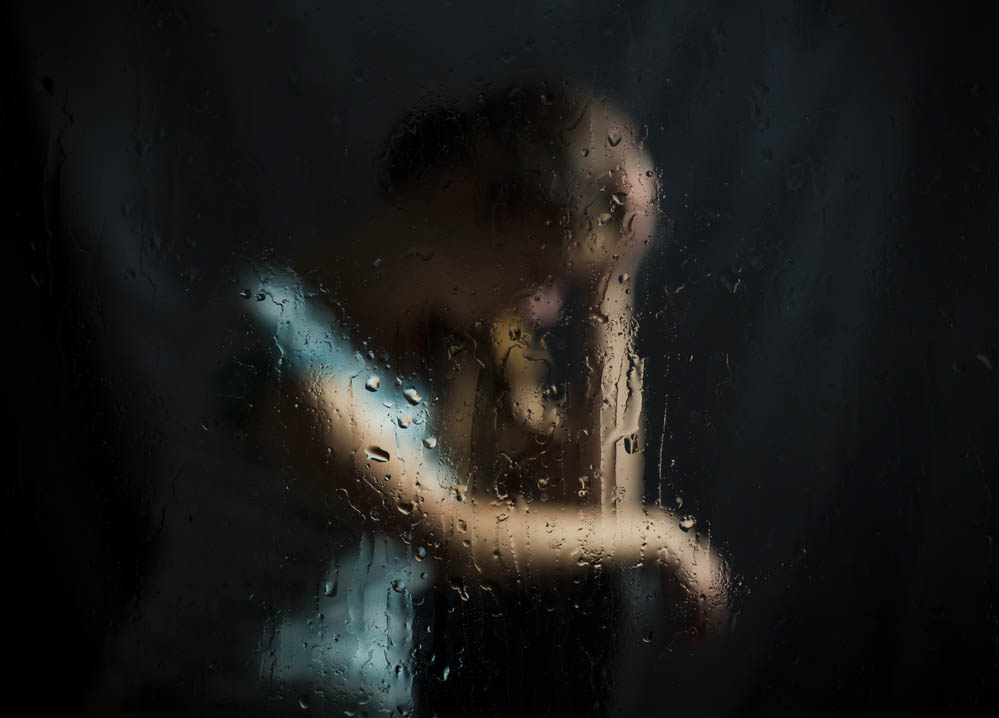NumbItAll
expendable
- May 20, 2018
- 1,119
Very astute article here, and that is exactly why this forum is necessary:

 www.madinamerica.com
www.madinamerica.com

The War on Suicide Is Making Things Worse
While intended to help, institutionalizing people against their will does more harm than good. Psychiatric coercion is dehumanizing.
While allegedly intended to help, institutionalizing people against their will does more harm than good. The process of psychiatric coercion is recounted as dehumanizing by more survivors than not. Mental health and social outcomes for those who reported coercion were overwhelmingly negative. Fear can dominate their experience in a coercive environment, prompting people to repress emotions into what's deemed as sufficiently stable for release. (This can also happen by proxy, where if people know this is what they will face if they open up, they may avoid doing so.)
Coercive inpatient commitment was never evidence-based medicine, but rather a legal and cultural standard motivated by a misunderstanding of mental illness and human despair. Cultures do not need to penalize suicidality to have effective prevention, and having this policy in place harms far more people than it helps.
The elephant in the room is: Why do people not want the "help?" Why would one have to force the "help?" The answer often lies in the services provided and the methods used. Rather than an isolating, diagnosis-, drug-, and electroshock-pushing, carceral experience, people often need tangible solutions to life problems, like employment, human connection, and consensual ways to escape difficult abusive situations. This is especially true when patients know the treatments they are likely to be prescribed are proven to increase suicidality. Humanization is most needed at times when people's distress is at its highest. People do not prefer to be gaslit that their distress must be a psychiatric drug deficiency, especially if they have had experience with psychiatry which created or exacerbated their issues.
